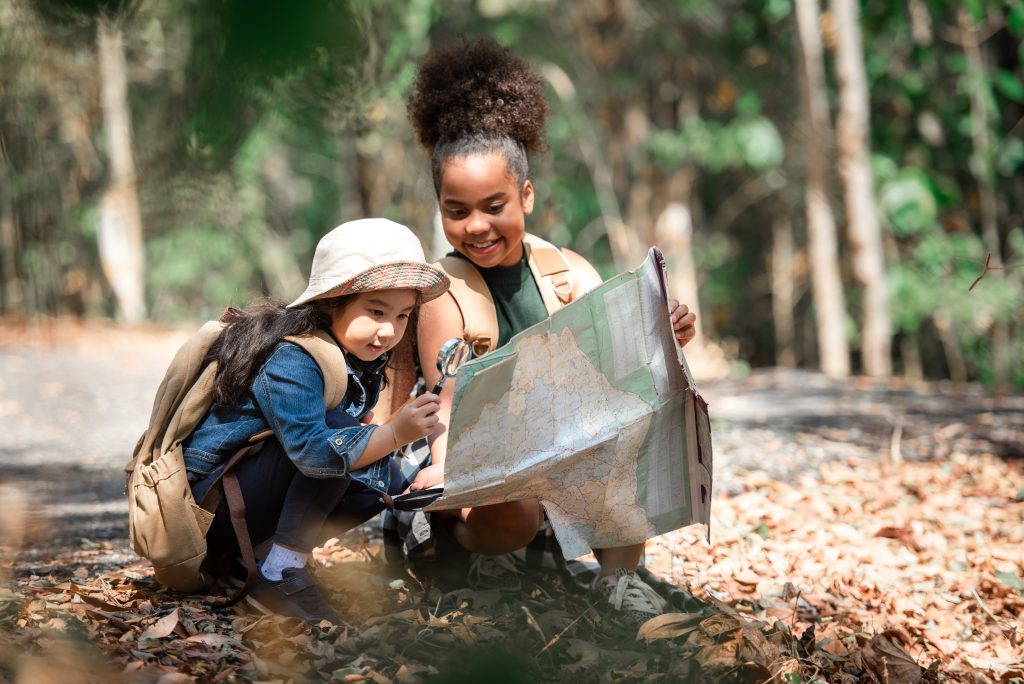After-school activities are a valuable part of a child’s development. They offer a chance to explore new interests, build friendships, and develop important life skills outside the classroom. But with such a wide range of options available, choosing the right ones can feel overwhelming for parents, especially when every child is so different.
The key is to consider your child’s personality as much as their abilities or achievements. What energises one child may exhaust another. Some flourish in team settings, while others need quiet space to express themselves. In this article, we’ll guide you through how to match extracurricular activities to your child’s natural temperament, helping them grow with confidence, curiosity, and joy.
Why is Personality Important When Choosing Activities
Choosing an after-school activity is a combination of talent, popularity, but more importantly, fit. When activities align with a child’s natural temperament, they’re more likely to feel motivated, build confidence, and enjoy the experience.
Beyond Talent and Considering Temperament
A child who’s energetic and sociable may thrive in team sports or drama clubs, where interaction and movement are central. Meanwhile, a more introspective child may prefer creative writing, drawing, or robotics, where they can focus deeply without social pressure. Understanding these differences helps avoid placing children in environments that might feel overwhelming or unfulfilling.
Supporting Social and Emotional Growth
The right activities can develop skills but also strengthen emotional resilience and social confidence. For example, a shy child might gradually come out of their shell through art workshops or music groups where expression feels safe and structured. Within AISL Mall’s school communities, many enrichment programmes are designed to cater to a wide range of learning and personality styles, helping each student feel seen, supported, and empowered. Parents can bring this same mindset home when making extracurricular choices.
What is Your Child’s Personality Type?
Before choosing an activity, it helps to step back and observe how your child naturally engages with the world. Personality isn’t fixed, but patterns of behaviour can offer useful clues when it comes to selecting activities that feel rewarding and sustainable.
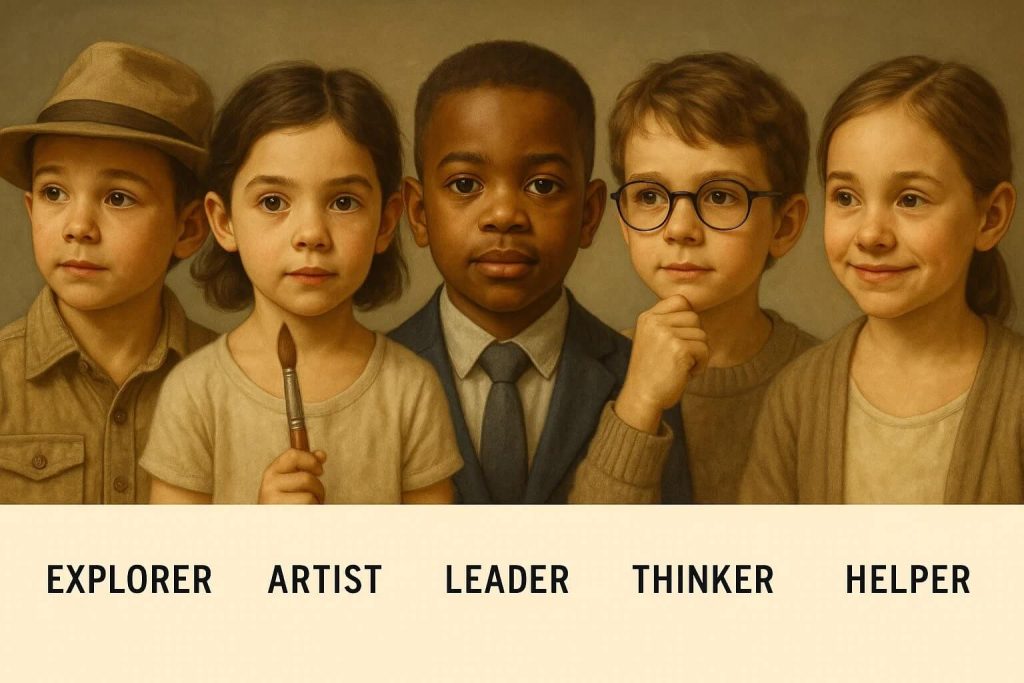
Common Personality Profiles and Traits
Here are a few broad personality types that can guide your thinking:
The Explorer: Energetic, curious, loves variety. Enjoys physical activity, trying new things, and being outdoors.
The Artist: Imaginative, expressive, often drawn to music, drawing, or storytelling. Needs space to create.
The Leader: Confident, organised, often takes initiative. Drawn to team roles, competitions, or leadership activities.
The Thinker: Analytical, focused, enjoys problem-solving. Might be interested in chess, coding, or science clubs.
The Helper: Empathetic, kind, enjoys supporting others. May enjoy group service projects, mentoring, or collaborative clubs.
Tips for Observation
- Watch how your child plays in their free time, are they building, drawing, directing others, or helping siblings?
- Notice how they react in group settings versus solo tasks.
- Ask open-ended questions like, “What was your favourite part of the day?” or “What do you wish you could do more of?”
Matching Personality to After-School Options
Once you have a sense of your child’s personality, you can begin to explore activities that align with their natural preferences. The goal isn’t to box them in but to offer opportunities where they can thrive and feel energised.
Active and Outgoing Children
If your child is energetic, expressive, or thrives on social interaction, look for activities that channel this enthusiasm.
- Good fits: Team sports, dance, theatre, public speaking, school councils
- Why it works: These options offer structure, social engagement, and physical movement, which are all ideal for children who enjoy collaborative environments.
Creative or Reflective Children
Some children prefer quiet, focused settings where they can explore ideas and express themselves independently.
- Good fits: Visual arts, music lessons, creative writing, coding, chess
- Why it works: These activities support deep thinking and creativity, giving children space to develop confidence on their own terms.
Empathetic or Socially Driven Children
If your child is drawn to helping others, values fairness, or shows strong emotional intelligence, consider purpose-driven or service-based clubs.
- Good fits: Volunteering projects, eco-clubs, peer mentoring, animal care groups
- Why it works: These activities reinforce compassion, leadership, and teamwork and these are often motivating children who care deeply about others.
Finding the Right Balance in the Weekly Schedule
Even the most engaging activities can lose their spark if a child feels overwhelmed or overcommitted. Striking the right balance between structured time and downtime is essential for overall wellbeing.

Avoiding Overscheduling
It’s tempting to enrol children in multiple activities, especially when options are abundant. But too many commitments can lead to fatigue, irritability, and reduced motivation.
- Watch for signs: If your child seems anxious, reluctant to attend, or overly tired, it may be time to scale back.
- Build in breathing room: Leave space in the week for free play, relaxation, and unstructured time.
Quality Over Quantity
One or two well-chosen activities are often more beneficial than a packed calendar. Focus on depth rather than breadth.
- Try seasonal variety: Let your child try a new activity each term to explore different interests without long-term pressure.
- Encourage reflection: After a few weeks, ask what they’re enjoying most and why. Use their feedback to guide future choices.
Our schools often promote a balanced co-curricular model that supports both academic and personal growth.
Helping Your Child Grow with Confidence and Curiosity
Choosing the right after-school activities is less about finding the “perfect” option and more about supporting your child’s growth through meaningful, enjoyable experiences. When activities align with personality, they become a source of energy, not obligation.
- Focus on fit, not prestige: An activity doesn’t need to be impressive or competitive to be valuable. What matters is that your child feels connected and inspired.
- Stay open and adaptable: Children’s interests evolve. Be willing to adjust each term based on what they’re enjoying and how they’re developing.
For more guidance on raising curious, confident learners, explore the parenting and education insights at AISL Mall.
Explore Extra-Curriculum Cultural and Academic Exploration activities designed to nurture your child’s natural learning abilities from an early age:
Get a special discount by quoting code AISLMALL during CHECKOUT.
AISL Outdoor: Holiday Camps
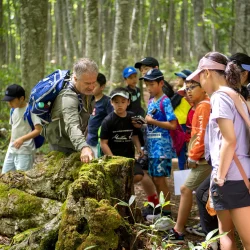
At AISL Outdoor, we believe every student deserves to learn and grow through discovery in the natural world. Our outdoor education programs provide transformative experiences that foster personal growth, leadership, and environmental stewardship.
HKFYG - Cultural Ambassadors Programme

The Cultural Ambassador Programme empowers youth to become cultural and conservation leaders. Through comprehensive training in tour-guiding skills, participants gain the ability to lead impactful tours promoting local heritage preservation. By deeply exploring history and traditions, the young ambassadors put their knowledge into practice, showcasing creativity and learning.
KFBG Nature Education Guided Group Tour
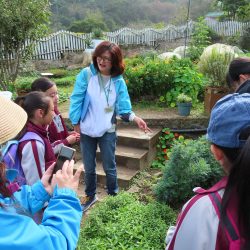
The journey includes guided visits of various attractions in the Lower Area of KFBG and an experiential activity that connects the mind and body. Participants can learn about local biodiversity and its challenge, conservation of flora and fauna, organic farming, and sustainable living. We encourage a life-long passion for nature, conservation and ecology by nurturing an appreciation of the natural world.
Outdoor Adventure Programs

Dragonfly operates across Hong Kong and was the first to facilitate outdoor adventure activities in many of these places. We facilitate water sports, wilderness camping, survival skills, navigation challenges, rock climbing, coasteering, leadership training, and much more. Programs can range from single day trips, overnight programs at residential dormitories, tented camping, journey-based multi-location programs, or even on-campus activities at schools.
The Duke of Edinburgh's Award (DofE)
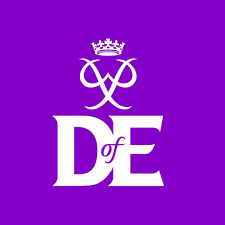
The Duke of Edinburgh’s Award (DofE) empowers youth aged 14-24 to challenge themselves and unlock their potential. Participants work towards Bronze, Silver, or Gold Awards by completing activities in Volunteering, Physical, Skills, and Expedition. The DofE provides a supportive environment for non-formal education and experiential learning, helping young people develop essential life skills.
The Little Museum of the World – An Amazing Museum Tour
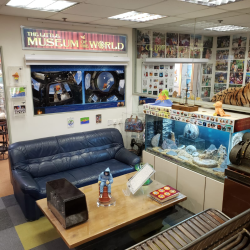
The 2-hour tour at The Little Museum of the World offers an immersive journey from Earth’s origins to modern issues, featuring rare artifacts and a Peace and Equality message. A portion of your ticket supports global community projects. Enjoy a 15% discount with AISL MALL using our special code.









